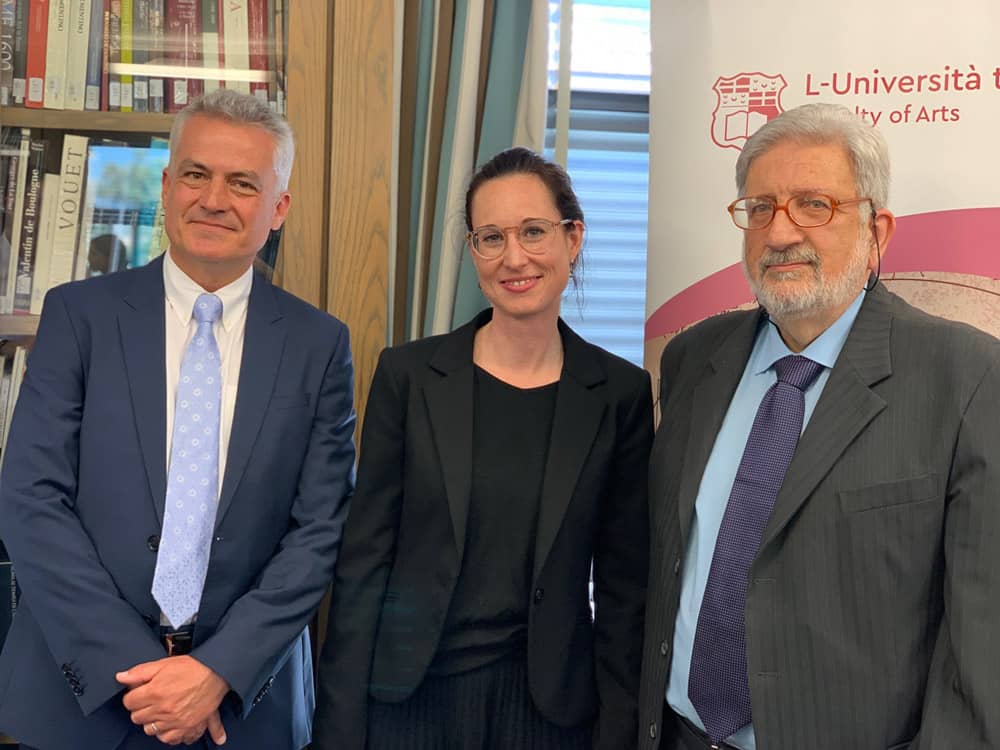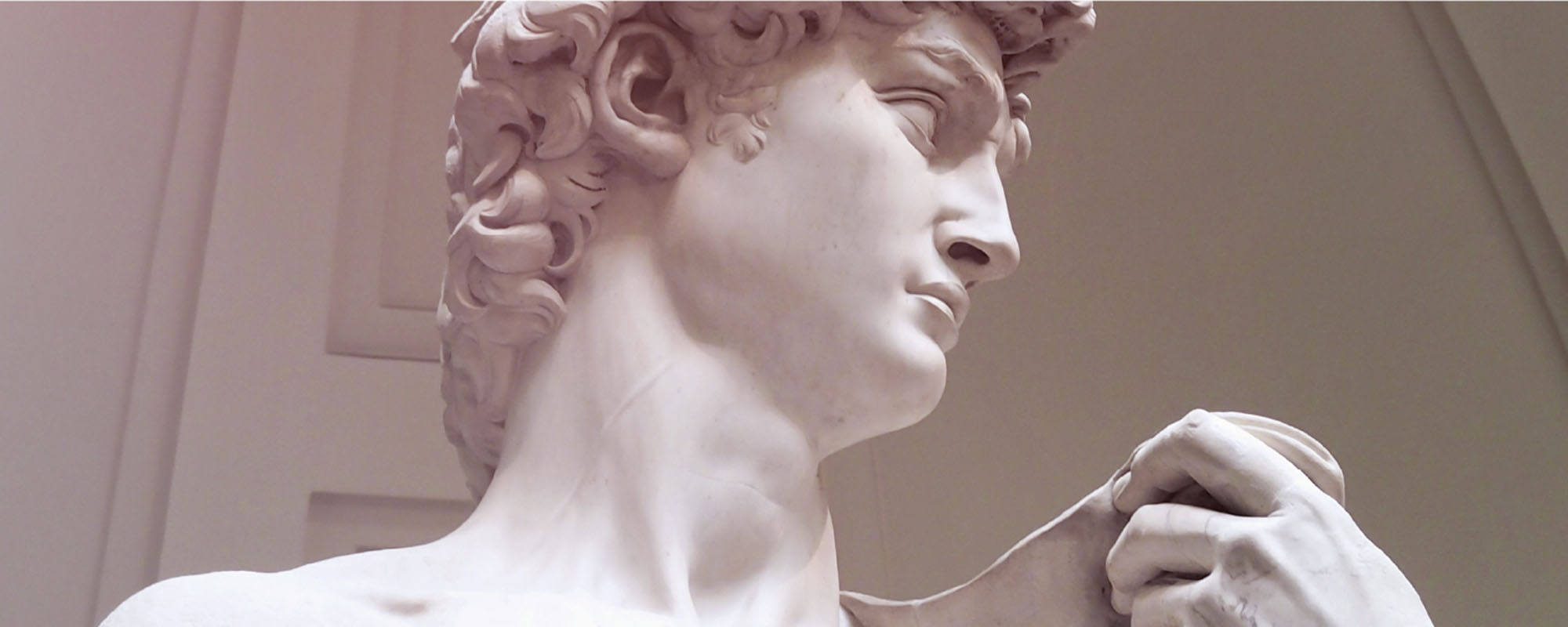A free spirit should not be bound to the confines of one academic discipline. With its focus on human experiences, interdisciplinary approaches, critical thinking, and creativity, the BHums will certainly satisfy your voracious intellectual appetite.
In 2014, the University of Malta’s Faculty of Arts introduced the Bachelor of Humanities (BHums), a unique programme that allows students to customise their academic journey within the humanities and beyond. It is essentially all about sampling what academia has to offer.
Its highly flexible nature, with only a few limitations, encourages students to embark on their own exploration of the humanities and to fashion an individual course according to their specific interests. As the Bachelor of Humanities encompasses a diverse range of cultures, historical periods, and academic disciplines, students will have the unique opportunity to study the intricate connections that exist among various areas within the humanities. By engaging with this multidimensional approach, students will develop a heightened sense of critical awareness, delving into the complexities of conflicting voices, diverse schools of thought, and varied methodological procedures. This academic journey will greatly enhance their abilities in constructing compelling arguments and conducting rigorous analysis, equipping them with invaluable skills for intellectual discourse and scholarly exploration.
What makes the BHums different from a Bachelor of Arts is that the students can choose from a broad range of areas of study. Academic areas include Archaeology, Classics, English Literature, Middle Eastern Studies, History of Art, Philosophy, and many more. The aim of this programme is to embrace a multidisciplinary mindset. In today’s rapidly changing world, the ability to think critically and creatively across disciplines is a highly valued asset. The interconnected nature of various fields means that solutions to complex problems often require an understanding of multiple perspectives and approaches. By transcending the limitations of one academic discipline, individuals can cultivate an invaluable diverse skill set, as well as flexible thinking that enables them to navigate challenges effectively.
This academic year, for the second time in its short history, two BHums students achieved Dean’s List status. The award is a reflection of Andreas Sorg and Antoine Vella’s excellent academic achievements throughout the programme’s first two years. Additionally, student testimonials have been overwhelmingly positive. Andreas Sorg found being a BHums student to be a ‘very enriching experience’. Sorg writes, ‘Due to its flexible setup, the BHums programme not only allowed me to extensively pursue my main interest area, History of Art, but at the same time explore other disciplines in the Faculty of Arts and beyond. Consequently, I decided that I wanted to go more in-depth also in Archaeology and History and select several study-units in Geography or German and English literature.’
The BHums is suitable for anyone who aspires to cultivate a comprehensive and interconnected perception of the world, foster personal growth, and nurture their intellectual development. The course is also suitable for mature candidates wishing to explore the humanities, pursue new challenges, or change the direction of their current path.
Another student, Ivan Ellul, praised the programme’s multidisciplinary approach, which exposed him to ‘new fields of study’ and broadened his horizons. Ellul encourages ‘prospective students who are interested in the arts, especially those who are employed on a full-time basis, to opt for this course’.
Within limits, BHums’ students are free to build their own undergraduate course by registering for any study-unit (timetable permitting) from various faculties, such as: Arts, Science, Media and Knowledge Sciences, and FEMA. There are no distinctions between compulsory, elective, and optional study-units. The programme is three years long; however, it is also offered on a six-year part-time basis. BHums students do not graduate in any specific area of study but in the Humanities in general, and graduates may proceed directly to a number of taught MAs as well as an MA by research.
Interested? Or perhaps you know someone who might be? A special information session on the course is available to anyone interested in finding out more. You can attend the session online on 11 June 2024 at 5 pm. To register for the session, please click here.
With its focus on human experiences, interdisciplinary approaches, critical thinking, and creativity, the BHums will certainly satisfy your voracious intellectual appetite. For more information on BHums, you can visit: https://www.um.edu.mt/arts/bhums/






Comments are closed for this article!